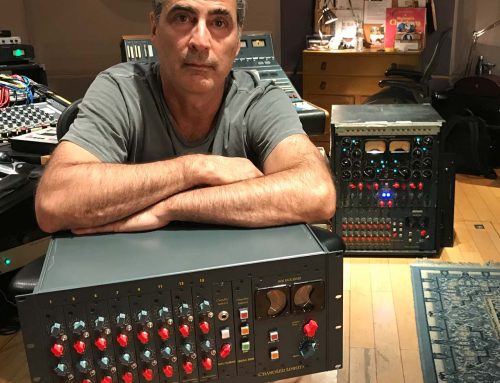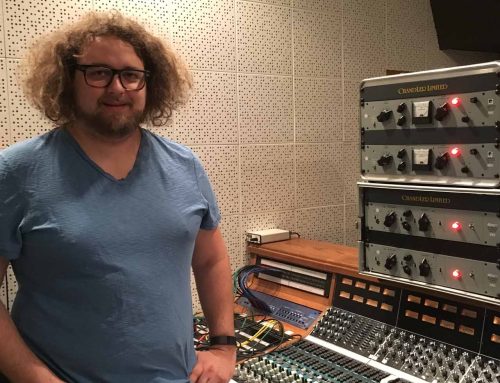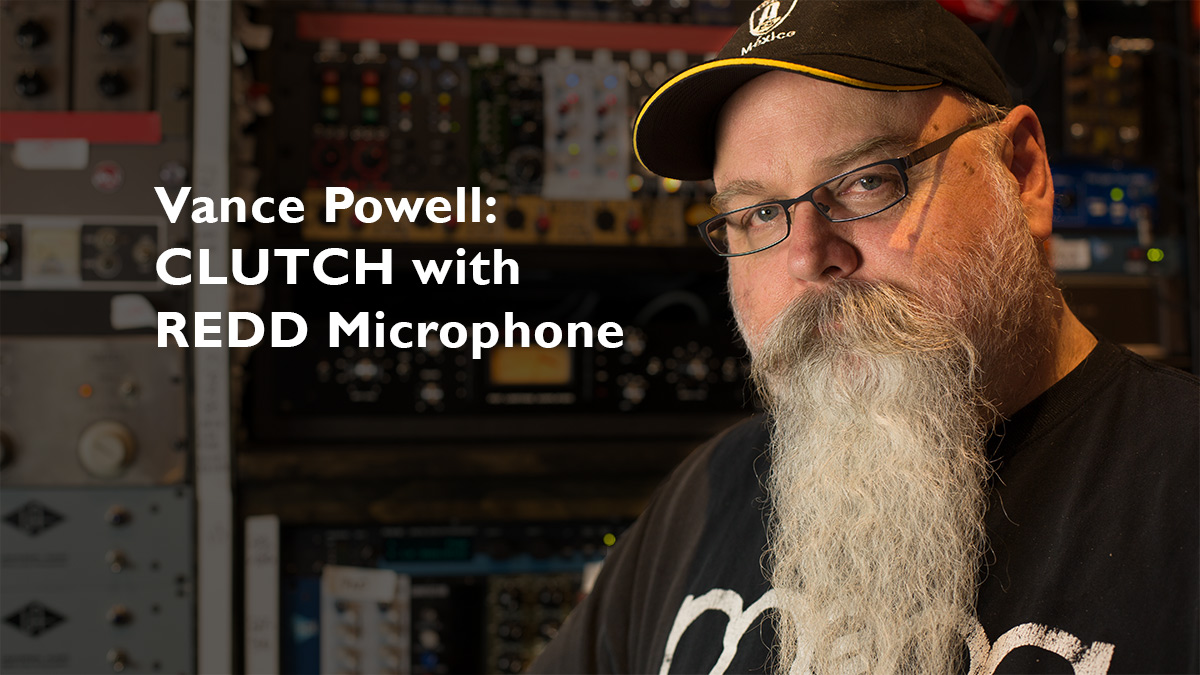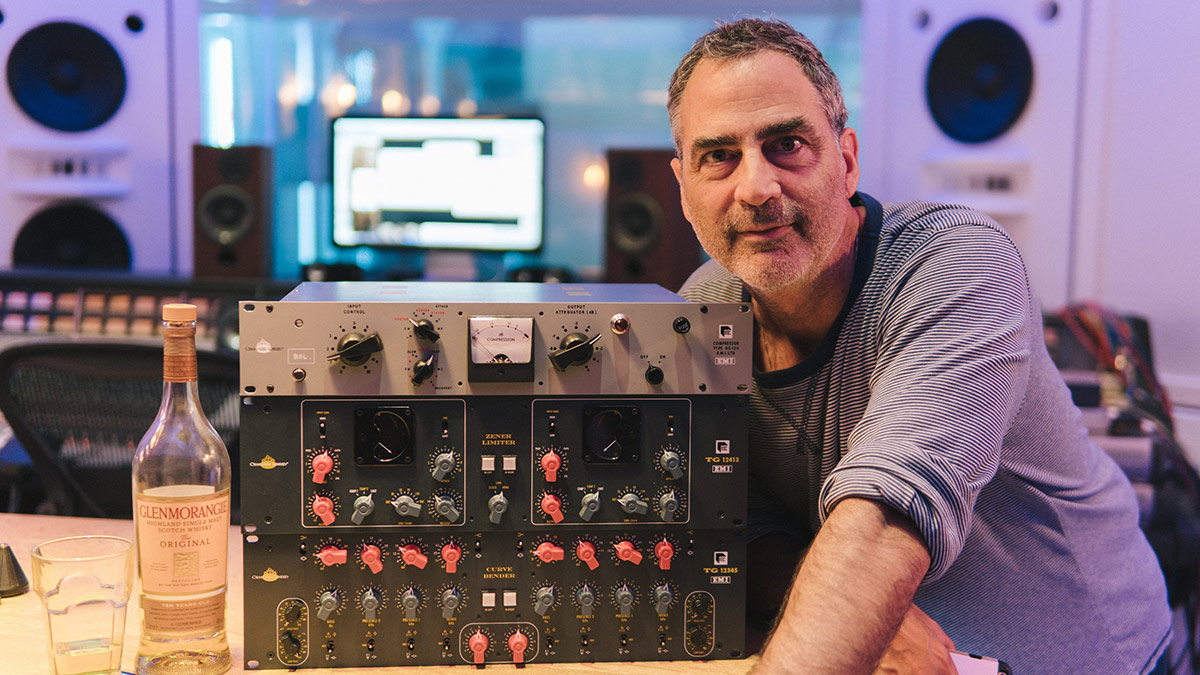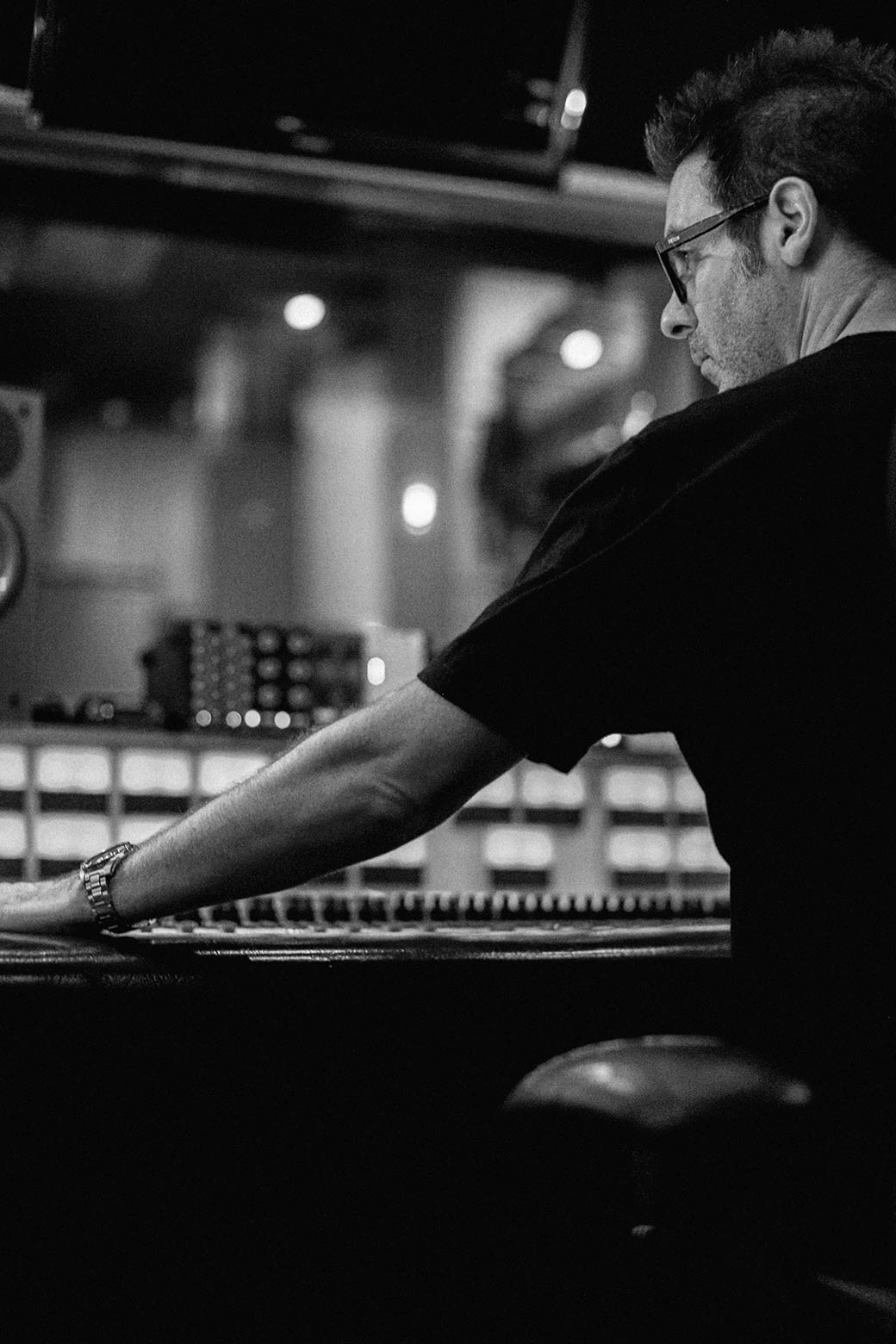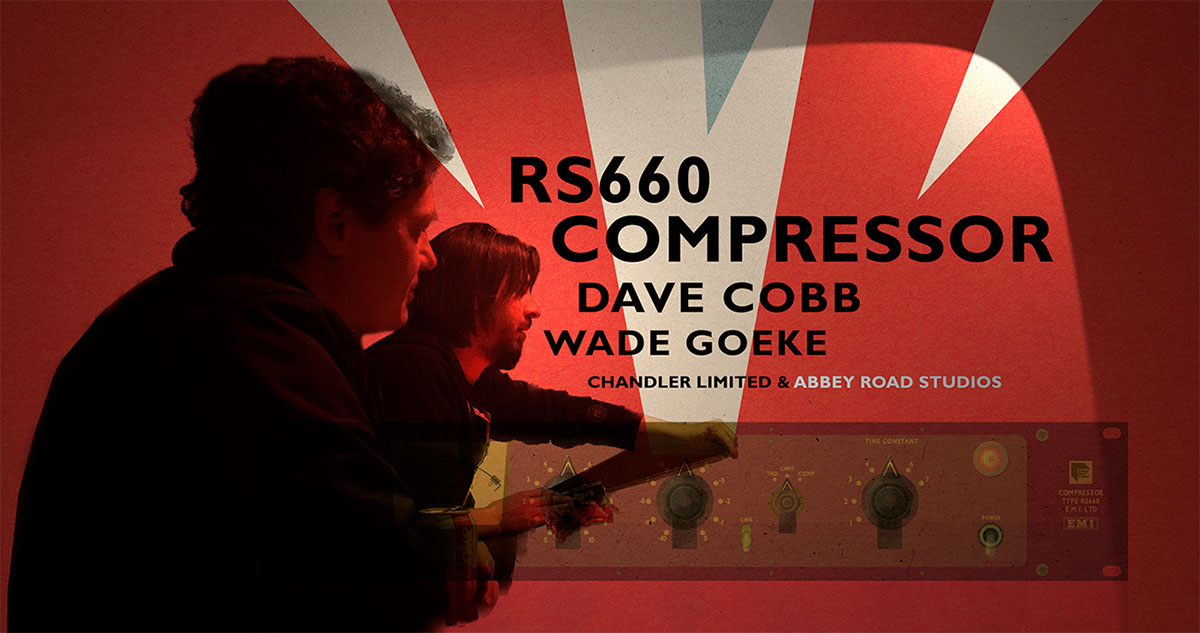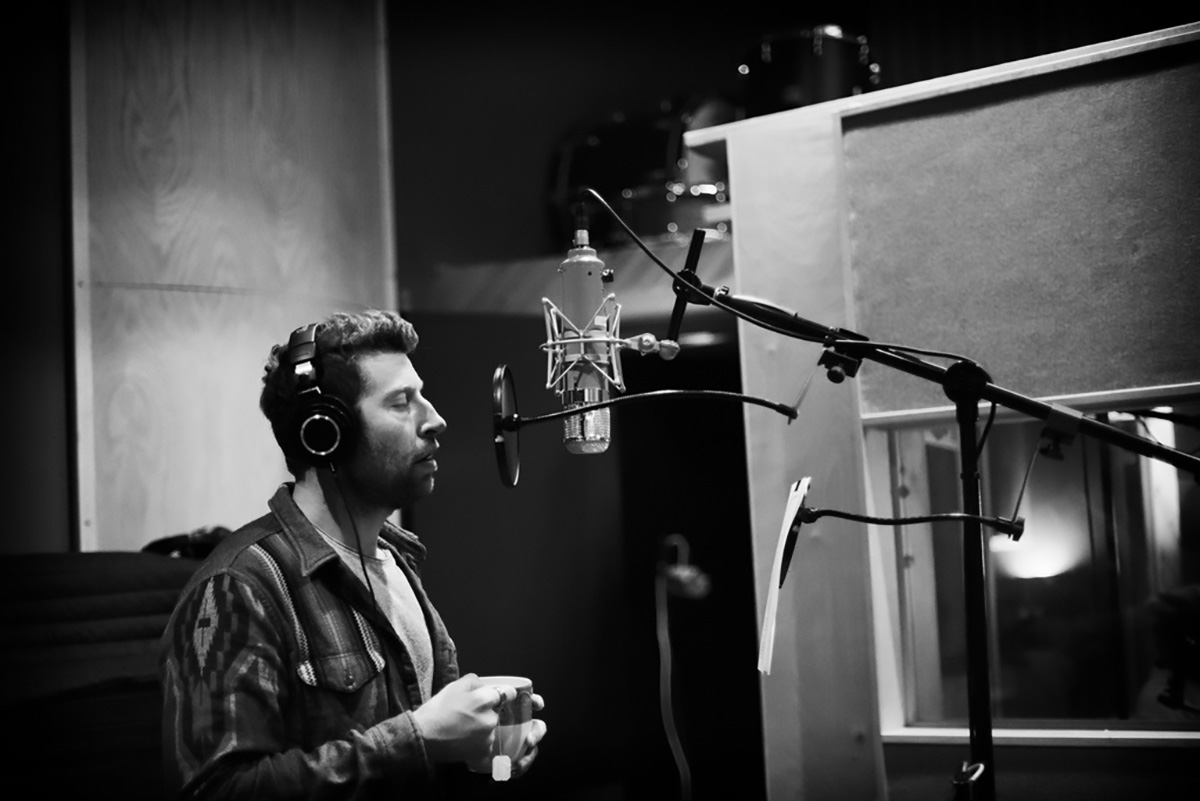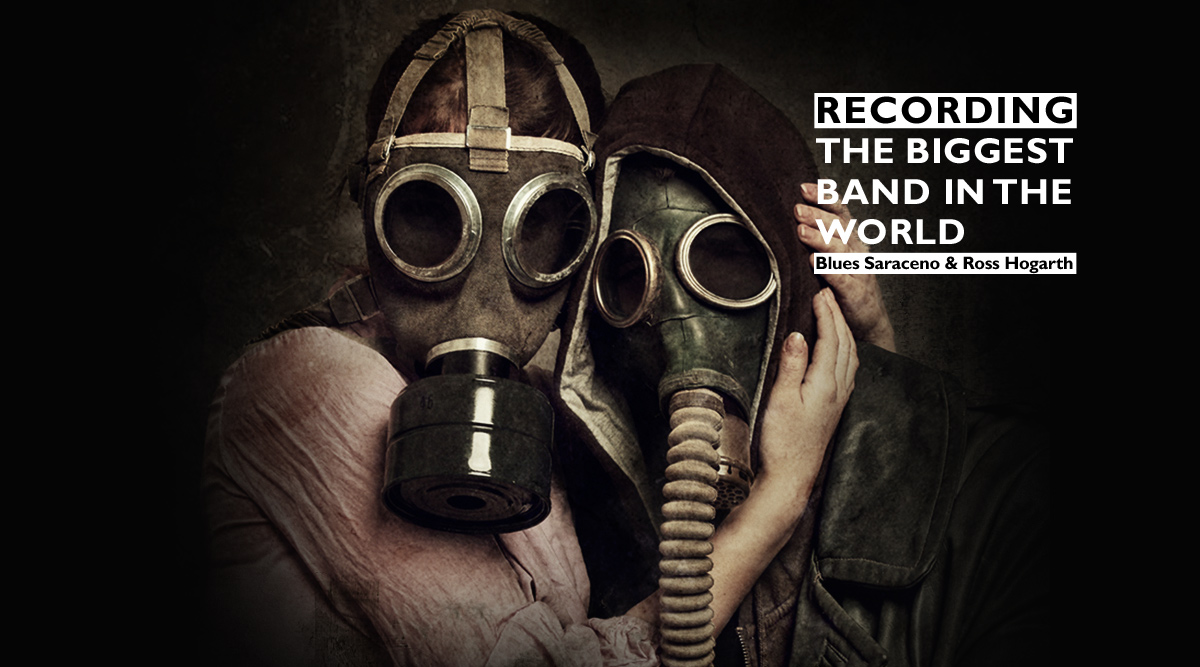 Blues Saraceno and Ross Hogarth anchor explosive guitar-driven record with Chandler Limited gear.
Blues Saraceno and Ross Hogarth anchor explosive guitar-driven record with Chandler Limited gear.
Shell Rock, IA – June 2017… In a musical landscape where guitar-oriented riff rock, performed by a band and recorded in a traditional way have seemingly become lost in a sea of pedestrian loop-laden production, along comes a monster.
The Biggest Band in the World, formed by guitarist/composer Blues Saraceno, with friends at licensing behemoth Extreme Music has released its first album, ‘Fight of Your Life’.
‘Fight of Your Life’, categorized as a ‘dark rock’ record, features adrenaline-pumping tracks, propelled by driving guitar riffs, sublime guitar solos, a thunderous rhythm section – plated with dueling vocalists. However, on a deeper level perhaps, is its recorded aesthetic, an unmistakably heavy, thick tone that simultaneously remains punchy and explosive throughout, something that required an engineer with gravitas to deliver, Ross Hogarth.
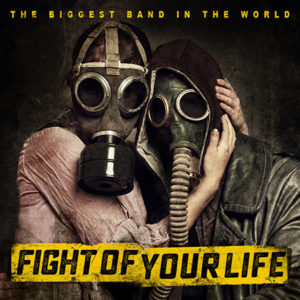 We spoke with Blues and Ross about this record, covering the concept, some of the techniques and how Chandler Limited gear, including the GAV19T guitar amplifier, Germanium Preamp/DI, Germanium Compressor, Germanium Tone Control EQ, Germanium Drive pedal, EMI / Abbey Road Studios TG1 Limiter and RS124 Compressor played a role.
We spoke with Blues and Ross about this record, covering the concept, some of the techniques and how Chandler Limited gear, including the GAV19T guitar amplifier, Germanium Preamp/DI, Germanium Compressor, Germanium Tone Control EQ, Germanium Drive pedal, EMI / Abbey Road Studios TG1 Limiter and RS124 Compressor played a role.
CL: You listen to this record and instantly you’re rockin’, you’re in a mood, like I’m here to take care of business, then there are the solos…what was the concept for doing a guitar record after all this time and how does the Extreme Music catalog come into play?
BS: I’ve been composing music for license through Extreme Music, oh, for about 15-16 years now, when it comes to the boutique music catalog market, they are top of the food chain. Once a piece of music is in the catalog, it’s international, showing up on shows like Sons of Anarchy and others, the music goes everywhere on license.
I think there are lots of fans out there for guitar-oriented music, and people would always ask me, ‘hey when are you going to do some more guitar stuff’? Here, it was part of what we were going for, so getting back to doing solos was great; before it wasn’t always applicable.
CL: Though this was done as a real band, not a one-man show so to speak…
BS: Yeah, while its genre-based music for licensing, conceptually however, it was written and recorded by a band; everyone contributed. I wanted the thing to hold up 5 years from now, that’s why you make it on the level of doing a record as a band…If we were already there, let’s just do the whole thing, make a real record.
CL: The band is made up of members from the Extreme Music team too, right?
BS: Yeah, we’ve got CEO Russ Emanuel on Bass, one of our two vocalists is Rob Smith, who’s VP of Sales and Musical Services, he fronts Age of Menace too, TJ Stafford also on vocals and composes for Extreme, and Chet Lang is on Drums; it’s a bunch of seasoned guys in a room.
CL: I’m grinning here a little, I mean, I have to ask…the band name, how did you come up that?
BS: That was Russell’s idea, he said- ‘How come no one has ever used that name for a band? We all just thought it was awesome, genius, like who would name themselves that, it’s all in jest, in that way. Honestly, we also felt the product was strong and I was up for the challenge.
CL: So once the songs were written, what was the game plan?
BS: We were going to be holed-up with Ross Hogarth for a few days at Village Recorders to get the core of the record down: bass, drums and most rhythm guitars, so we rehearsed multiple times to get everything locked. We did about four songs a day, doubling guitars…we probably spent more time tuning snare than anything. We then took it to my place, where we did vocal overdubs, solos and other guitar texture parts; later Ross would mix the record at his place.
CL: The tracks are really explosive sounding, and there’s this overall continuity of thick texture to them, how were you able to retain both?
BS: Well I think Ross can go into more detail here, however, we used the Chandler Limited GAV19T guitar amplifier all over the place, including on the bass. There’s a sort of sonic slight of hand going on, where the bass is distorting, which allowed the guitars to use less gain and be more punchy. The one thing about the GAV19T is it’s more sonically full-spectrum, it’s why the Chandler is there.
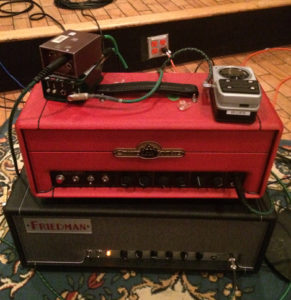 CL: Where else did you use the GAV19T?
CL: Where else did you use the GAV19T?
BS: It’s all over the record, on guitar texture parts, the solo on ‘Unforgiven’, everywhere.
CL: Ross, you and Blues have known each other for a while, yeah?
RH: I’ve known Blues since he moved out here, he got into Poison and I think I met him through Rikki Rocket and we just bonded; I set up a recording studio in his father’s house to record his first solo record, we’ve got a lot of history.
CL: I haven’t heard a record like this in a while, thick and explosive. I mean there’s this sonic continuity throughout, the effort is there; it shows!
RH: On this recording and why I think you’re reacting to it…one of the things Blues and I wanted to do was make sure sonically it delivered, and it does. Blues knows where he wants to go and what he’s trying to accomplish. It’s all coming from an honest place and sonically it doesn’t want to become contrived or gimmicky, when Blues focuses, it comes through. I’m blessed that I get to work with people that work on their music and it comes through, it makes it more fun and challenges me. In the end, we said, let’s make this real fun to listen to – big, punchy and in your face.
CL: Well, let’s talk about big and punchy while retaining density. To me, on a rock record, fidelity or power comes from the drums and bass, but the guitars are the focal. Blues had eluded to an approach or ‘sonic slight of hand’ in order to make everything big.
RH: I have a thing that I do, depending on the music, everything to me is about three dimensions, painting or a photograph that has depth of field vs a flat image. If its going to be in the foreground…for riff-rock music like this, I want it right up in your face, and bass is such a major part of the sound. Blues and I were really focused on the bass and drums in order to leave room for the guitars; the guitars have to be the focus. The minute the guitars get too distorted they be come non-descriptive, same with the bass, and so you have to really balance it. There’s usually a lot of ‘slight of hand going on’ to pull that off.
For bass, it kind of came from this thing I’ve been playing with for years, since Van Halen…you record a DI, amp, clean amp and distorted amp on separate tracks, so later and depending on the song, we can pick and chose or mix them together.
In this case, the GAV19T guitar amp was used for the dirty bass. We used the bass to imply a massively distorted guitar sound, which allowed for the guitars you use less gain and be more punchy.
CL: on the track ‘Burns like fire’ – there’s almost this sub-harmonic thing going on in the verse, what is that, I’m assuming it’s coming from the bass with a little extra engineering magic?
RH: There’s a lot of sub harmonic distortion going on in the bass. One of the DIs, we’ve got the Dirty Boy Bass Bully and Chandler’s Germanium Drive pedals, a whole blend or cocktail going on in the bass; blended in, you can use it like a synthesizer. On top of that, we have the Germanium Compressor doing its thing to add more harmonic distortion to what’s already there; you just start winding that feedback control and it gets going crazy. To be completely honest, on one of the mixes, I was grooving too hard and I took out one of the woofers… there’s some really low information on some of the tracks, I had to take it out, where other times it’s really fun, so I left it down there; in modern rock it’s really necessary to have some hip-hop, like lows in there.
Another go-to sound on bass is the Germanium pre using a Coles ribbon microphone; I love it, there’s nothing like the distortion on the Germanium Preamp.
CL: There’s definitely a lot of your sound in the bass and drums, actually let’s talk about drums…they’ve got this really warm syrupy thing happening.
RH: My Overheads don’t get touched, but in front of the kit is a Coles being semi-destroyed by the Germanium preamp and Germanium Tone Control EQ, then being hit by an 1176; you don’t need to overblow the Coles with the 1176 for punch and thickness. I have wide room mics to create the ambiance and explosive sound on the kit, and at the mix I use the TG1 Limiter on those. The thing is…I’m capturing, knowing I’ve already created a texture with some things uncompressed and others compressed. I don’t just smash everything. Basically, first I get all the mics in phase and the kit is sounding really good and cool, without any processing, then figure where we to go from there. Part of engineering over the years tends to be a mixture of trial and error, and knowing after doing something a few times what works and what doesn’t, in the end, all this gear means absolutely nothing if you don’t know how to place a mic or do the basics.
CL: So with the core of the record established, let’s talk about guitar sounds…
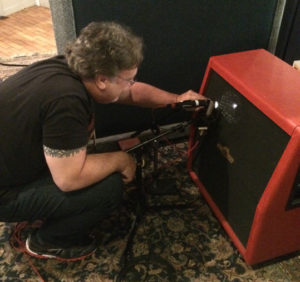 RH: I’m not micromanaging blue’s guitar sound…(Shure) 57, Royer, or (Sennheiser) 421 and a Royer blended and done. While I used the pres on console, very often I’m carrying with me my Chandler lunchbox, which is a pair of TG2s that usually comes with me everywhere, straight out of those and bussing to tape, but at the Village, the console (Neve) and then blended to tape. My favorite guitar pre is the Chandler TG2 Preamp and next to that is the LTD-1.
RH: I’m not micromanaging blue’s guitar sound…(Shure) 57, Royer, or (Sennheiser) 421 and a Royer blended and done. While I used the pres on console, very often I’m carrying with me my Chandler lunchbox, which is a pair of TG2s that usually comes with me everywhere, straight out of those and bussing to tape, but at the Village, the console (Neve) and then blended to tape. My favorite guitar pre is the Chandler TG2 Preamp and next to that is the LTD-1.
CL: There are two vocalists on this album, one that’s more melodic and the other is more rapping, how were you able to get those to keep up with the rest of the tracks?
RH: During mix, I used the Chandler RS124 Compressor; almost all of the lead vocals are the RS124, because to me, I love that compression. It’s Superfuse from the get go, the RS124 going over +10db or more, always on a fast release and I can smash into it. For me there’s almost nothing that can do that, it’s bitchin’. The Superfuse feature on the RS124 is the hidden holy grail, it really is the ultimate vocal compressor; you don’t even know it sounds compressed! Blues was always like, ‘who’s getting the Chandler love’? Blues can’t believe how much it was compressing, but you don’t hear the compression. If I had a half dozen of them, they’d be on all kinds of shit, acoustic guitar, drums, bass, etc… I also used it for Taj’s vocals on the new TajMo record (Taj Mahal and Keb’ Mo’ band); there’s gear that doesn’t leave here and gear that always comes with me…
HEAR IT
To listen to and download the album ‘Fight of Your Life’ from The Biggest Band in The World visit Extreme Music.
About Blues Saraceno
Blues Saraceno is an American rock guitarist, composer, and music producer who currently resides in Los Angeles California. Discovered by Guitar for the Practicing Musician magazine, at the age of 16, Saraceno’s high profile as a gifted guitar virtuoso and musician opened the doors to an early career as a first call guitar sideman and session musician. Saraceno is most often recognized from his time playing w/Jack Bruce and Ginger Baker (Cream) as well as his brief tenure with the band Poison. Saraceno’s early success in the music industry would eventually blossom into a career in producing and composing for television and film.
Learn more about Blues Saraceno at http://www.bluessaraceno.com.
About Ross Hogarth
Ross Hogarth is an Multiple Grammy-winning producer/engineer/mixer, that has worked with a wide variety of artists including- Gov’t Mule, Roger Waters, Van Halen, The Black Crowes, Motley Crue, Shawn Colvin, John Mellencamp, R.E.M., Jewel and Lifehouse.
Ross began his musical career as a guitarist/singer songwriter, playing in the wild downtown New York clubs of the ‘70s. With good fortune paving his way to California, he had the rare opportunity to hook up with both the San Francisco Bay area’s exploding New Wave music scene and Southern Cal’s seminal rock scene. Natural evolution took him from doing live production and sound on the road with Jackson Browne, David Lindley, Fleetwood Mac and Little Feat into a world class producer, mixer and recording engineer.
Learn more about Ross at: http://www.hoaxproductions.com

